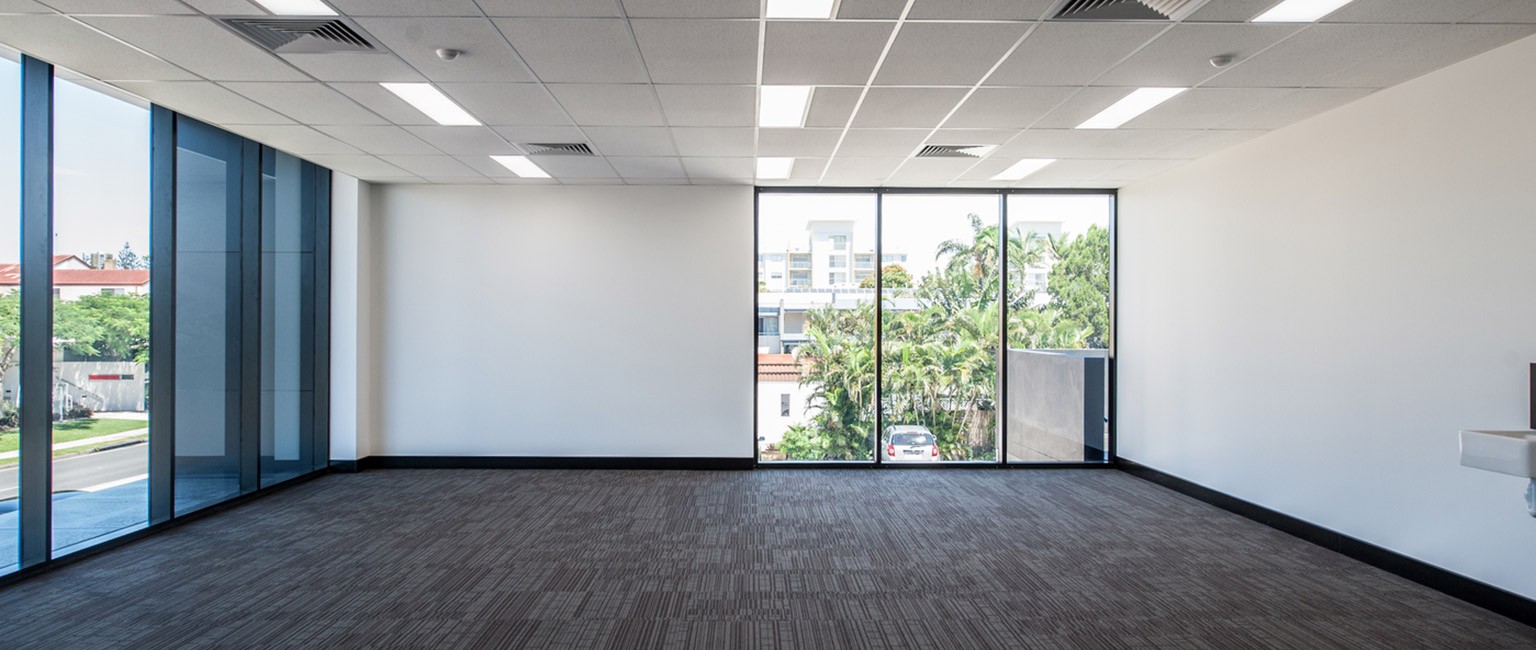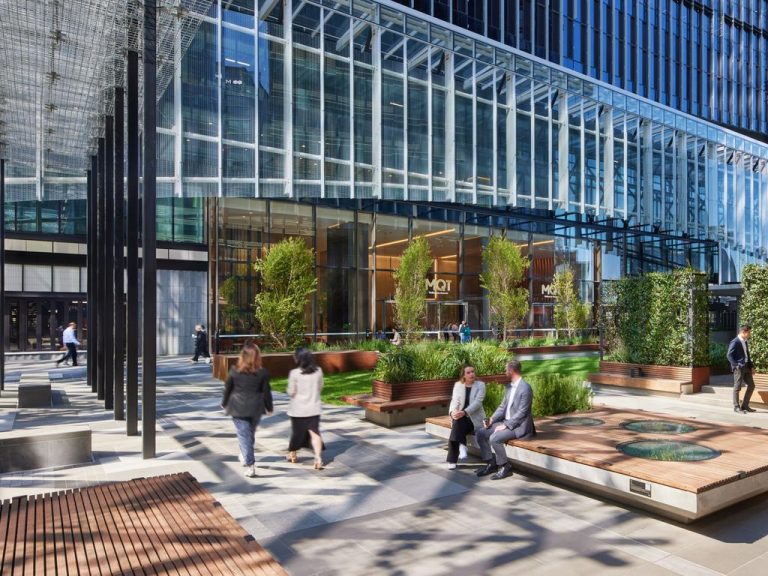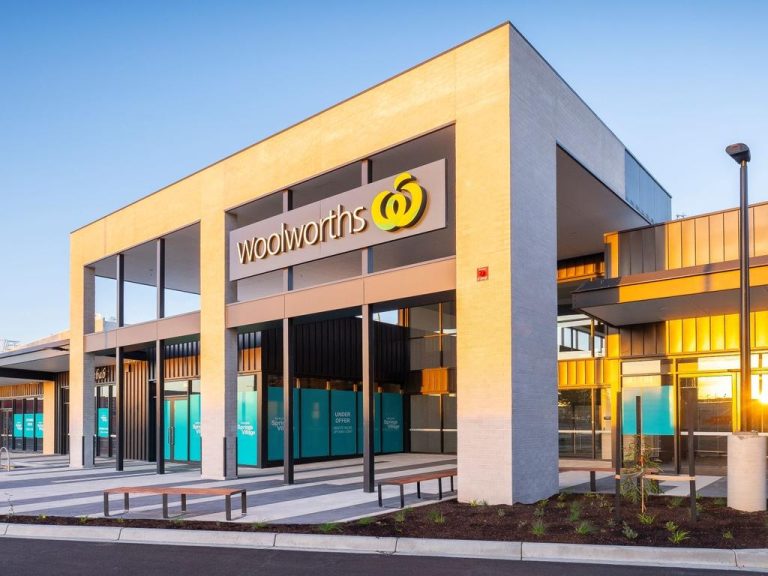Commercial lease agreements: What you need to know

Future prospects of your business could ride on the terms of a lease agreement with the landlord, so it’s important you get it right from the beginning.
The most important thing to remember is that commercial leases are different from residential leases.
The difference between a commercial and residential lease
For a start, they are not subject to most consumer protection laws that govern residential leases. When it comes to commercial leases, laws provide less consumer protection against deceitful landlord practices. There’s a reason for that: lawmakers have assumed that business people are more knowledgeable.
Residential leases tend to run for no more than a year but commercial leases are generally for longer periods. The usually extend several years with rents reviewed annually. Vacancies between tenancies can be longer.
Commercial leases are generally longer than the standard year-long residential lease.
The GST applies to commercial property – both to the purchase price, rent received and any expenses in relation to the property. And maintenance costs are usually paid for by the lessee, which means net rental income tends to be higher.
Commercial leases can vary because the need of each tenant is different and everything is negotiable. Terms subject to change include the rent payable, rent increases, the length of the lease, the ability to assign a lease, and allowable improvements.
Reminders: 9 things to remember when taking out a commercial lease

So how do you secure a commercial lease?
What should the tenant take into account?
Roy Melick, a partner at law firm Baker McKenzie in Sydney says it’s important to get the structure right first.
“What often happens is that lessees go into these leases, or sign up an expression of interest or lease agreement, and they then go and talk to their accountant who tells them to form a trust and then it’s hard to undo it,’’ Melick says.
“They should really put their leasing structure in place first.”
Lessees should have a leasing structure in place before they sign up an expression of interest.
He said lessees are also often surprised by the amount of the banker’s guarantee required.
“There are very personal guarantees required these days so bankers’ guarantees are asked for,’’ he said. “If you walk off and don’t pay your rent, then the landlord is entitled to call the guarantee and make good the rent.”
He says making good of the premises when the tenant leaves is also critical.
Lessees: 3 tips to make good in commercial real estate
“What do you have to take it back to and what do you have to get rid of? That’s always a hassle for tenants and landlords,” Melick says.
He says would-be tenants should also look carefully for incentives such as rent-free periods or cash contributions to their fit outs.
“Incentives are very common,’’ he says.
“They should take some care to research the market and see what the appropriate incentive will be and then they should talk to their accountant as well to make sure it’s done in a tax effective way.”







